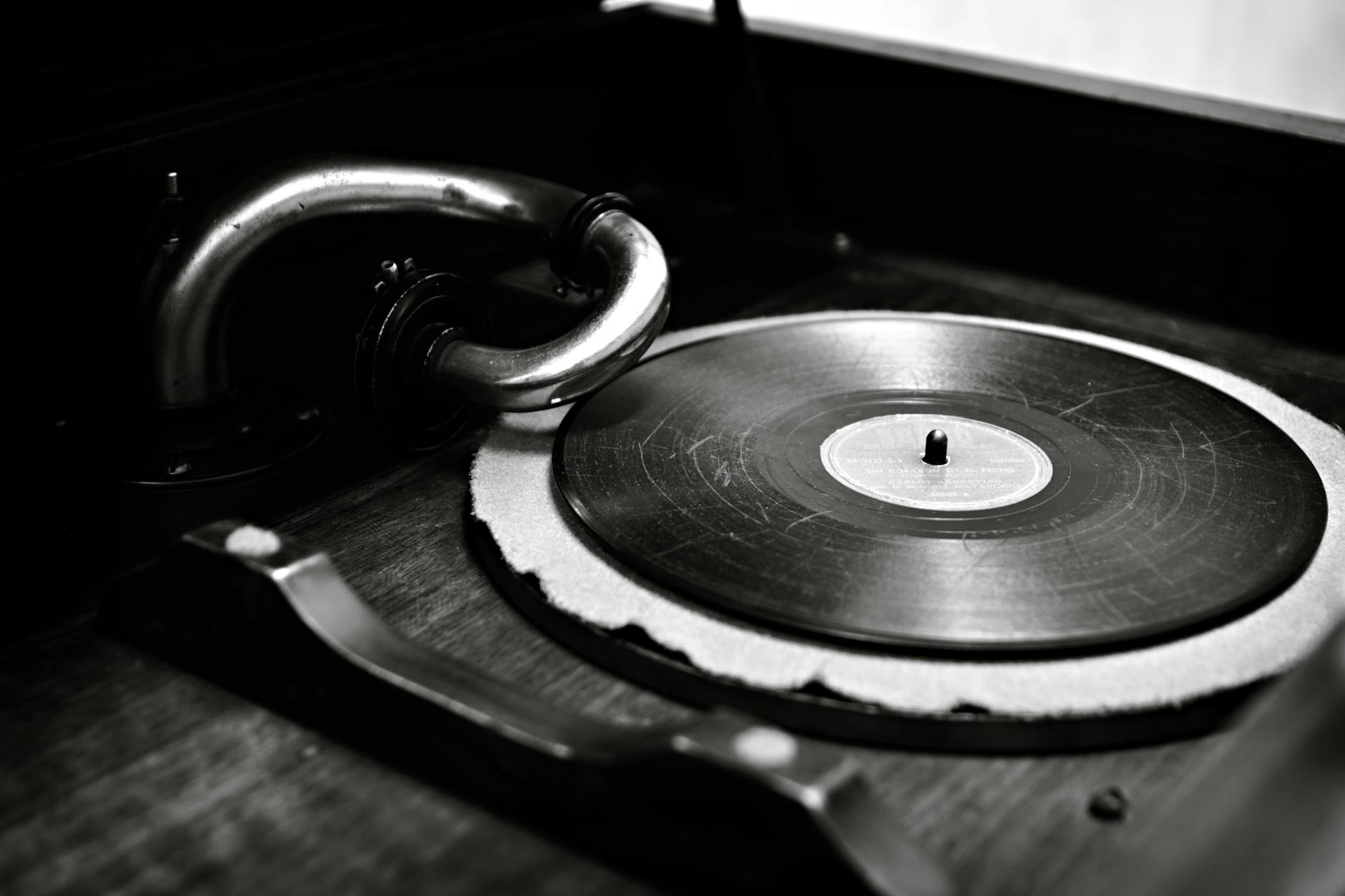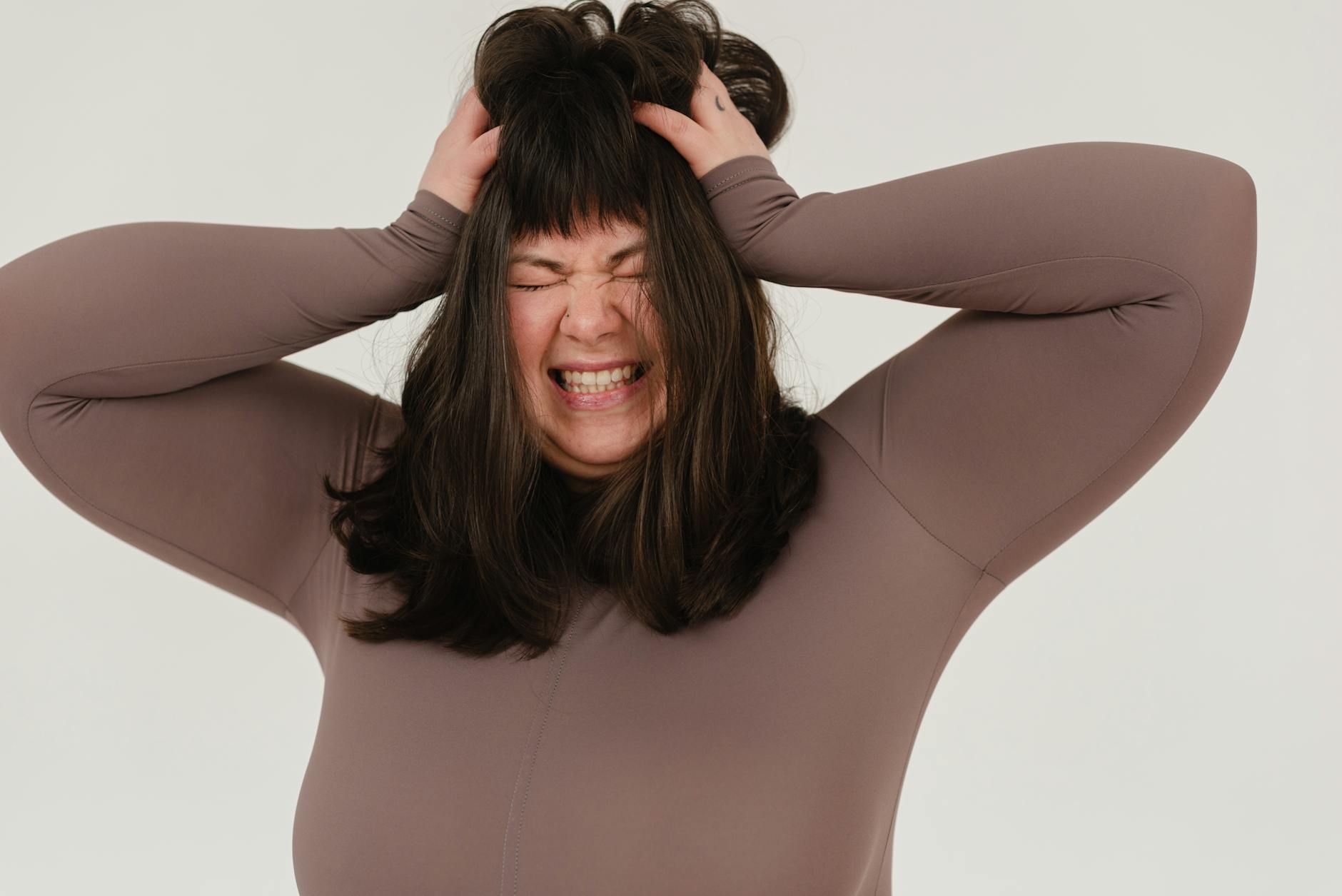Well as Scott says, it is all about the lenses, but it is interesting to see the moves Samsung is making with their cameras. They are first more open in that they are open source now, but are they good cameras. the first previews are coming from Ubergizmo.com and Cnet.com
- OK, not really, but it sure ain’t pretty to look at.
- 20MP APS-C sensor and interchangeable lenses including the new 3D one, 8fps
- Integrated Wi-Fi
- 3.7 inch wVGA Full Touch Screen
- Micro-SD (ugh, not SD in the NX300, but it makes sense given the form factor)
- $650 list or about $100 less than the NX-300
- It is based on the same sensor as the NX210 and lacks phase detection in the NX300, so won’t focus quickly. That seems to be the big different as the NX-300 has 105 point phase detection and 247 point contrast AF.
- The NX-300 also supports 1080p60 not just 1080p30, so can really do high definition video

So what about the slightly more expensive NX300 (street price of $640, list of $750) according to photographyblog.com. Here are some notes:
- Stabilization is in the lens, not the camera, so the 18-55mm F/3.5-5.6 OIS III is preferable.
- Both the NX2000 and the NX300 have NFC
- The screen is tilting as well
- The 45mm F/1.8 prime is a 3-D lense and quite fast too for $300
Also photozine.de does do MTF-50 tests as well which is pretty informative.
On an NX200 and a pancake NX 16mm F/2.4 which should be roughtly comparable as the sensor is definitely not the limiting factor, so the NX300 and the NX2000 should be comparable.
- F/2.4 wide open. 2736 lw/ph at center but at the extreme corner it is down to 1447 lw/ph which is very soft
- F/5.6 is the best resolution at 3142 lwph and 2602 lwph. This is quite a good result at 12MP effective
As an aside, PCMag.com did a test using Imatest and given the sensor resolves 20MP or 3648×5472 and you can see it isn’t the highest resolving, probably because we are using a consumer lense although it isn’t clear if he is using extinction level or MTF-50 figures, but it gives you some idea.
- 18mm F/3.5 wide open, for the center it got 2095 lph for a sensor down to 1536 lph at the side (that’s about half, so this is a 4.98MP equivalent lense)
- 35mm F/4.5 wipe open gets you to 1857 lines at center and 1648 lph at the corners (4.6MP) so wide open is better at 18Mm.
- 35mm F/8 which should be probably the best is 2,306 lph and 1916 lph at the corners (6.6MP equivalent)
- 55mm F/5.6 (wide open) gets you to 1971 lph center and 1775 lph corner (5.2MP)
- 55mm F/8 gets you to 2241lph and 2000lph at the edges. (6.8MP)
Net, net, compared with the Sony RX-100, you can see why folks say that the lense matters, it looks more like a 10MP camera getting more like with a potential 3648×5472 as PCmag.com says it actually beats the NX-300 in resolution by a little which is pretty amazing for a point and shoot with a 1″ sensor. As an aside, dpreview.com does their own test and says that it sees 2600 lph which is hard to tell what they mean, that is what MTF, but that seems pretty aggressive compared with this analysis so is probably more a measure of not paying too much attention to dpreview’s resolution figures. Techradar also has a test and again it isn’t clear what they are measure, but it scored about 2400 lwph at the center. While imaging-resource.com was a little clearer. They found 2,220 lph at center and complete extinction at 2800-3000 lwph.
- 28mm F/1.8 at the center, we get 2126lph (11MP, but optimistic without a corner resolution figure)
- 28mm F/2.8 at center, 2300lph
- 50mm F/3.2 wide open at center, 2000 lph
- 50mm f/5.6 at center at 2250 lph
- All apertures smaller than F/5.6 were lower, so with this camera, you definitely want to stay at the more wide open part. One of the reasons you want ND filters in the bright sunlight to keep the camera down there.






